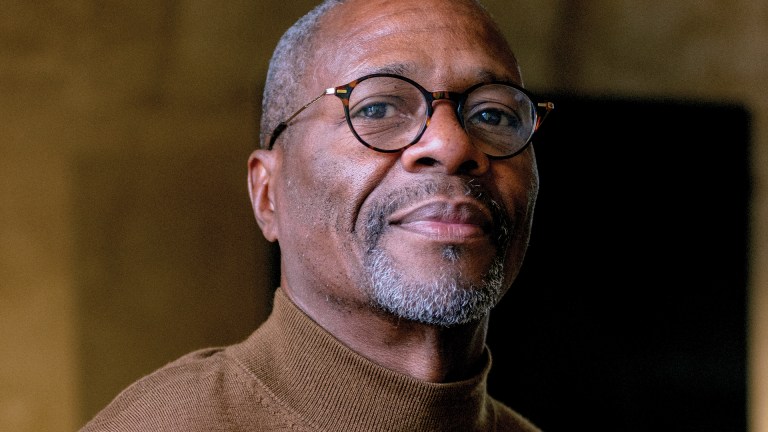Today (5th November 2024), the Growth Impact Fund (GIF), a social impact investment fund developed by Big Issue Invest and UnLtd has made an investment of £250,000 in The Black Farmer – a farm shop opened in Brixton Village by celebrated entrepreneur Wilfred Emmanuel-Jones MBE last year.
With only 1% of UK farmers from Black, Asian, and Minority Ethnic backgrounds, Emmanuel-Jones founded The Black Farmer to challenge this exclusion and showcase that Black entrepreneurs can succeed in traditionally exclusive markets. He believes that black entrepreneurs can also belong in markets that have traditionally excluded them. The Black Farmer’s farm shops also sell products made by under-represented entrepreneurs and other more traditional suppliers.
Emmanuel-Jones, who was awarded an MBE in 2020 for his services to British farming, said: “If you are black, racialised or from a deprived background, your chances of getting into the food, farming or retail industry are extraordinarily slim. But – as odd as it may seem – at the age of 11, and as a dyslexic child brought up in inner-city poverty after arriving from Jamaica, I made it my life’s dream to own an English farm.”
The Black Farmer’s first farm shop, opened in late 2023, is in the diverse area of Brixton, South London, where 43% of the population identifies as Black, Asian or Multi-Ethnic. 12% of residents identify as from Black or Black British African backgrounds, and 10% from Black or Black British Caribbean backgrounds. The shop serves its local community by selling goods created by under-supported founders. The choice to open in Brixton was due in part to Emmanuel-Jones’ roots as part of the Windrush generation.
The farm shop also provides business and marketing advice, brand development, and workshops to help underserved individuals break into retail supply, addressing the significant inequities they face. It serves as a supportive hub, offering talks, workshops, and wellbeing classes for the local community. Additionally, the shop employs individuals who might struggle to find conventional employment, further fostering inclusion and empowerment.
Read more about The Black Farmer on their website.









